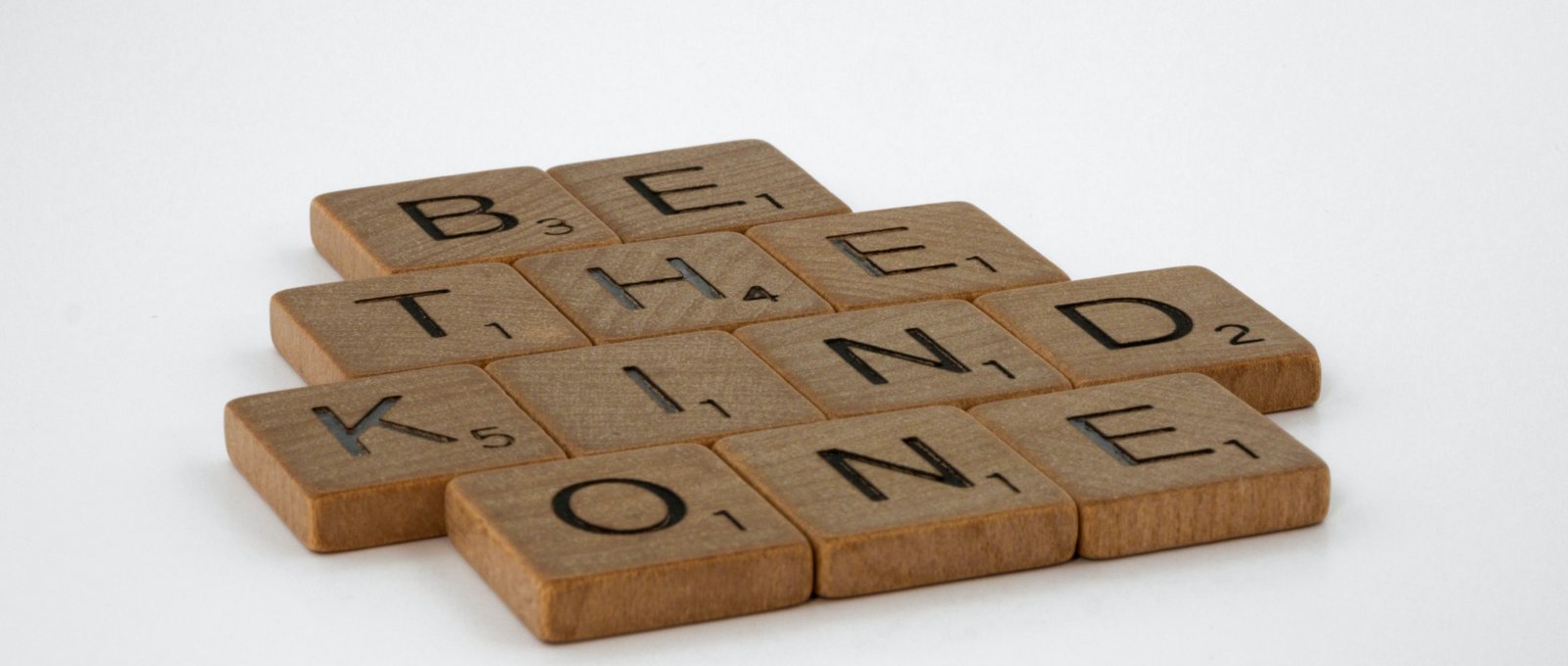Fostering new and effective partnerships is a big part of my job. And while joining forces is increasingly necessary to deal with the challenges of the modern world – making sure that partnerships deliver more than the sum of the parts is both an art and a science.
People are complicated and they live complicated lives. So while I work in housing, I know all too well that there is more to helping people to thrive than just putting an affordable roof over their heads. People need stability, psychological security, resources, skills and bravery to get through life. If a landlord focuses just on bricks and mortar, we’re going to have a limited impact on those we seek to help.
Our conversations with local authorities for example now take a much more holistic view of our customers and communities than might have been the case in years past. Housing has a seat at the table alongside crime, education, health and welfare for example. Together we can better identify the root causes of issues and formulate solutions. This is founded in our shared interest in place and community.
The benefits of working in this way are huge but it’s not without challenges. As professionals, and people, we are all complicated too. So it’s mistake to sit around a table assuming we all have the same perspective, let alone skills and experience. Taking time to understand the lenses through which we all see an issue is really important if we are to find shared ground and have a smooth path to success.
Professionally I see myself as a generalist. I thrive in trying to orchestrate and make things happen. But that means working closely with experts across a wide range of disciplines. There is no way that I can have deep knowledge or insights across the breadth of subject matter in interdisciplinary working.
Part of my way of working in that kind of environment is to question and challenge. But understanding how others see a situation – their unique frame of reference - is crucial in ‘roundtable’ situations. I think that Stephen R Covey, author of the well-known leadership book ‘7 habits of highly effective people’ illustrated this fantastically well in describing a situation where his opinion that someone’s children were running wild was blind to the fact that they had recently lost their mother (see here to find out more). That one single fact put the situation they were judging in a radically different context that they were previously oblivious to.
When I’m trying to help a group to understand and solve problems, I need to assimilate a lot of new information quickly to form an overview and to try to help to bring things together. But probing comes with a risk that others may see my approach as threatening or confrontational. So I try to temper my style to make it clear my goal is understanding not criticism. This might be through humour or simply making it clear what my objective is (and isn’t).
I also try to be mindful that my perspective is unique to me and that while this can be helpful it can also limit my own ability to analyse and understand an issue from other points of view – my own limitations can create blind spots that I need to stay conscious of to avoid.
I can’t claim to always get this right – but whatever the tactics, trying to question with kindness is fundamental. It helps to signal to the group that we are all on the same page and hopefully gives others the green light to open up and to share. Without that our path to success will be more limited.
The last few years have been extraordinary in so many ways – the pandemic and growing global instability have caused shockwaves across many parts of our lives that show little sign of slowing down. We also have the climate crisis to respond to as well as the huge domestic and economic challenges that so many people, particularly the most vulnerable, are now having to face up to. Yet the resources available to those of us – both organisations and individuals - who seek to help are finite. If we are to continue to make a difference and rise to these challenges – we must adapt and take new approaches. That requires not just collaboration but openness to achieve and each of us can play a part in achieving that.
So ask, question, query and challenge – these are all fundamental to doing more and being better. But please do it with kindness. You’ll win allies and hopefully speed up your journey at the same time.





